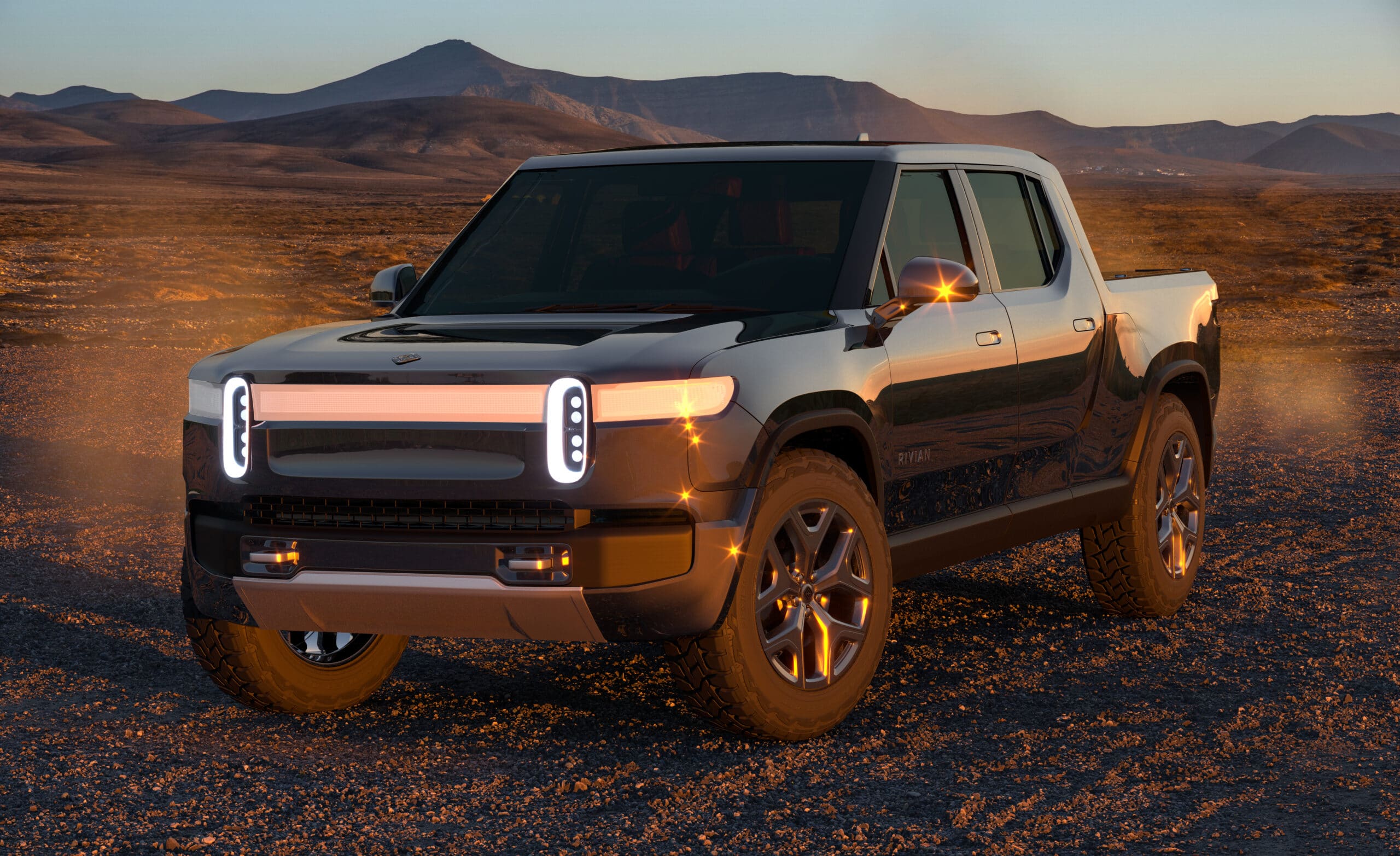
Free monthly entries to ALL giveaways
+1 every month
+5 every month
+10 every month
5%
125
150
350
100
100
50
Cancel membership anytime
Terms apply
apply

Written by
Admin
Published
August 20, 2024
Off-roading, the exhilarating pastime of navigating rough, untamed terrains, has been transformed by technological advancements. Enthusiasts are witnessing an unprecedented era where the combination of adventure and tech has opened up new possibilities for exploration. Let’s dive into the ways recent tech innovations are reshaping off-road adventures, offering a glimpse into both present enhancements and the potential for future exploration.
The heart of off-roading lies in the capability of the vehicles themselves. Recent years have seen significant leaps in automotive technology, delivering a new breed of off-road machinery. Electric propulsion, for example, is not just a clean energy initiative; it has practical applications in off-roading. Electric vehicles (EVs) like the Rivian R1T and the upcoming Tesla Cybertruck promise immense torque, crucial for conquering steep inclines. In addition, these vehicles offer quiet operation, which is less disruptive to the natural environment.
Technological innovations in suspension systems have progressed off-roading as well. Adaptive air suspension systems, once a staple in luxury sedans, have found their way to off-road vehicles, allowing for on-the-fly adjustments to ground clearance. This feature not only enhances vehicle capability but also promotes comfort during long backcountry treks.
Data trends have pointed to an increase in the incorporation of off-road features in standard vehicles. For instance, selectable drive modes can adapt traction control systems for various surfaces, ranging from mud and sand to rock and gravel. This trend towards versatile capabilities suggests a future where off-roading is more accessible to the general consumer.
The integration of technology is not limited to the vehicles alone. Navigation systems have become invaluable allies in the wilderness. GPS technology is now augmented with detailed topological maps and real-time data such as weather updates, enhancing traveler safety and route planning.
Communication technologies have also evolved, with satellite messengers and personal locator beacons ensuring connectivity even when cellular service is unavailable. These devices can provide emergency assistance at the push of a button – a critical feature given the remote nature of many off-road trails.
Social media and dedicated off-roading apps contribute to the growth of the community and the sharing of key insights. These platforms allow for the exchange of information on trail conditions, vehicle modifications, and the latest gear, cultivating a new era of informed and connected adventurers.
As we look to the future, the role of autonomous technology in off-roading poses interesting prospects. While self-driving cars are still developing, the potential application of such technology on the trail can’t be ignored. Imagine a future where advanced sensor systems aid drivers in choosing the best path, or even navigating difficult sections autonomously, keeping adventurers safe from potential hazards.
Drones have also started to assist off-roaders. These flying companions can scout ahead, providing aerial views of the landscape, identifying potential obstacles, or even searching for beautiful camping spots. This bird’s-eye-view can drastically change the approach to trail planning and exploration.
The union of technology and the primal thrill of off-roading has bred a new age of exploration. Innovations in vehicle design, navigation, and communication offer a safer, more dynamic, and ecologically responsible approach to adventure. As these technologies continue to evolve, so too will the ways in which we interact with the great outdoors, pushing the boundaries of what it means to go off the beaten track.
It’s an exciting time for off-road enthusiasts. Whether it’s embracing electric power or utilizing digital tools to enhance the experience, the community is poised at the frontier of an evolving landscape. One thing remains clear: the spirit of adventure will always be the driving force behind these technological advancements.